As we continue to prioritize the well-being of our church community, it's essential to keep everyone informed about our updated safety protocols. We've been working diligently to enhance our measures, ensuring that everyone feels secure while worshiping together. From health screenings to improved sanitization practices, we're committed to creating a safe environment for all members and visitors. We invite you to read more about these important updates and how they will positively impact our church experience.
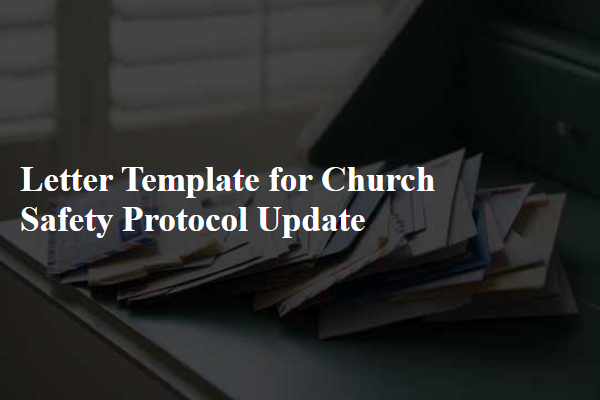
Purpose and Importance
Church safety protocols play a crucial role in ensuring the well-being of congregants in places of worship, such as St. Mary's Cathedral. Established guidelines help prevent and respond to emergencies, including fire incidents or health crises, maintaining a secure environment for community gatherings. Adhering to safety protocols fosters a sense of trust among attendees, encouraging participation in church activities, retreats, and outreach programs. Regular updates to these protocols, especially after significant events like the global pandemic or natural disasters, are essential to address evolving safety concerns. Implementing comprehensive training for staff and volunteers on emergency procedures enhances preparedness, safeguarding both parishioners and visitors.
Updated Safety Measures
In response to the ongoing challenges of ensuring safety within faith-based communities, updated safety measures have been implemented at local churches, specifically to protect congregants during gatherings. Enhanced sanitation protocols involve the use of hospital-grade disinfectants to clean frequently touched surfaces, with a particular focus on entry points and communal areas. Notably, the occupancy limits have been adjusted per local health guidelines, maximizing safety while maintaining fellowship. Additionally, social distancing markers have been strategically placed in seating areas to encourage safe spacing between attendees, while personal protective equipment, particularly masks, remain highly recommended during services. Furthermore, trained safety officers will be present to monitor compliance with these protocols and assist congregants as needed, ensuring a secure environment for worship.
Roles and Responsibilities
The church safety protocol update outlines essential roles and responsibilities for ensuring a secure environment during worship services and events. Designated safety team members, typically comprised of trained volunteers, will monitor the premises for potential hazards, including fire risks and medical emergencies. This includes conducting regular inspections of exits, equipment, and first aid kits to comply with safety standards. Ushers will be responsible for guiding congregants during emergencies, ensuring orderly evacuation and assisting individuals with mobility challenges. Communication officers will disseminate timely information regarding safety procedures via announcements and printed materials. All members of the congregation are encouraged to familiarize themselves with emergency exits, procedures, and the location of safety equipment, fostering a culture of collective awareness and preparedness. Regular training sessions will ensure that all involved parties remain informed about their responsibilities and the latest safety protocols.
Communication Protocols
Effective church safety protocols are essential for ensuring the well-being of congregants during events. Communication protocols must be clearly established to facilitate prompt reporting of incidents such as unauthorized access or emergencies. Designated safety officers, often identified by bright vests or badges, should be assigned specific roles during gatherings, ensuring observers know whom to contact for assistance. A robust communication system, incorporating both walkie-talkies and a dedicated phone line, can enhance coordination among safety personnel. Regular training sessions, scheduled biannually, help familiarize volunteers with emergency procedures, including evacuation routes and first aid measures. Signage displaying emergency contact numbers and procedures should be strategically placed throughout the church premises, especially near exits and common areas. Implementing these communication protocols fosters a safe environment for worship and community engagement.
Emergency Contact Information
Updating emergency contact information is crucial for enhancing church safety protocols in community places like St. Michael's Church. Accurate records should include the primary contact numbers of church leaders, ensuring immediate accessibility. Details may involve emergency services numbers, such as 911 in the United States, local fire department contact, and nearby hospitals. In addition, designating safety team members with clearly displayed contact information within church premises aids in swift communication during emergencies. This proactive approach ensures a well-coordinated response to any incidents that may arise, fostering a secure environment for congregants and visitors alike.

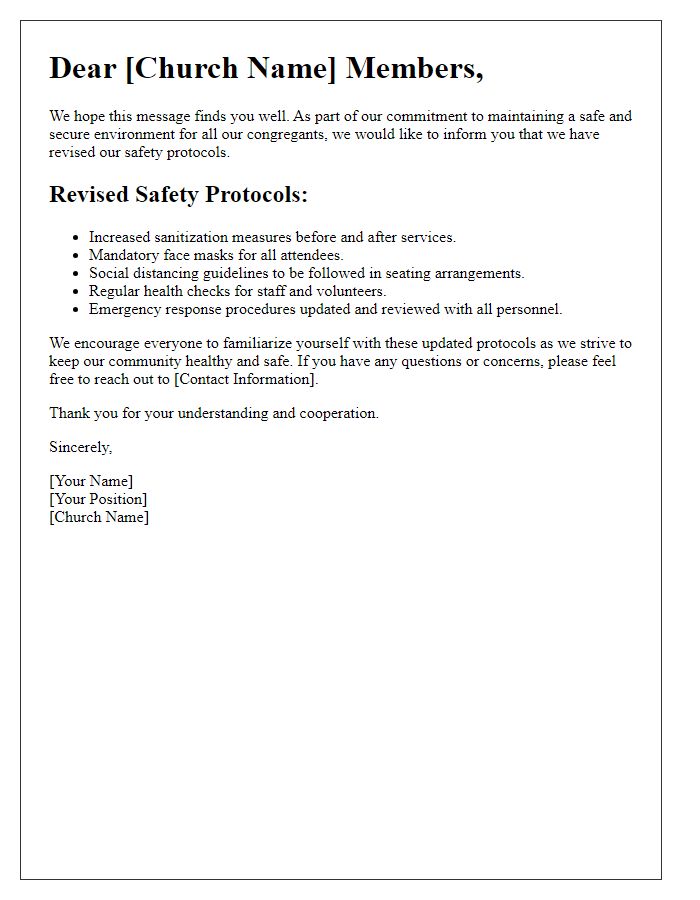
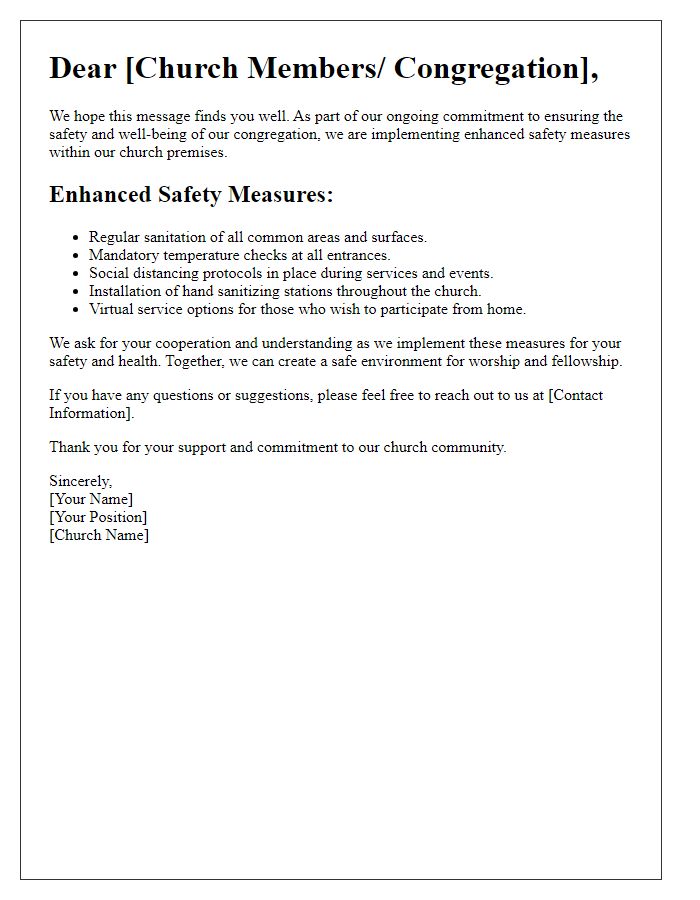
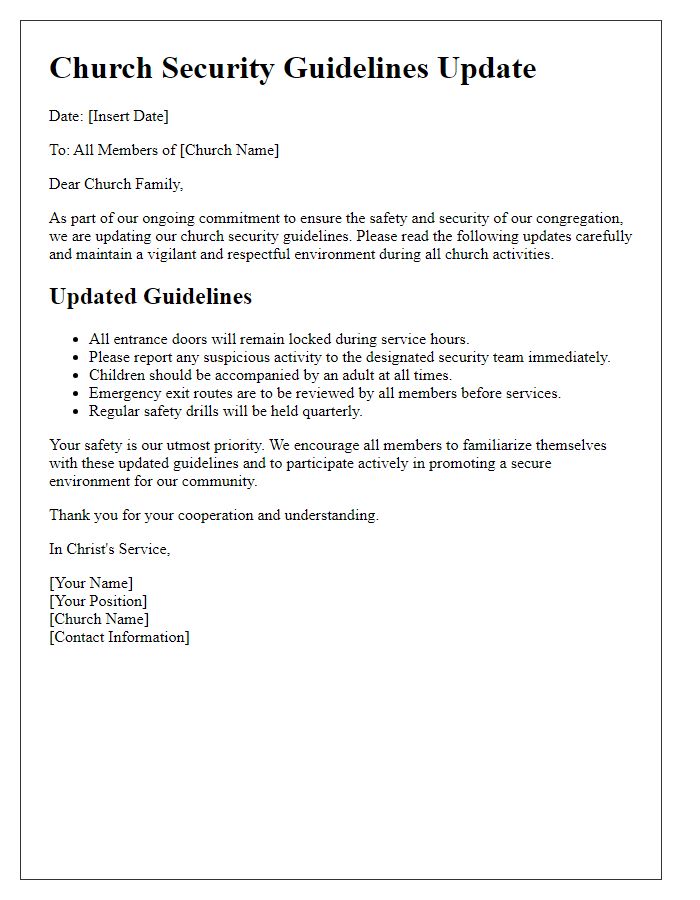
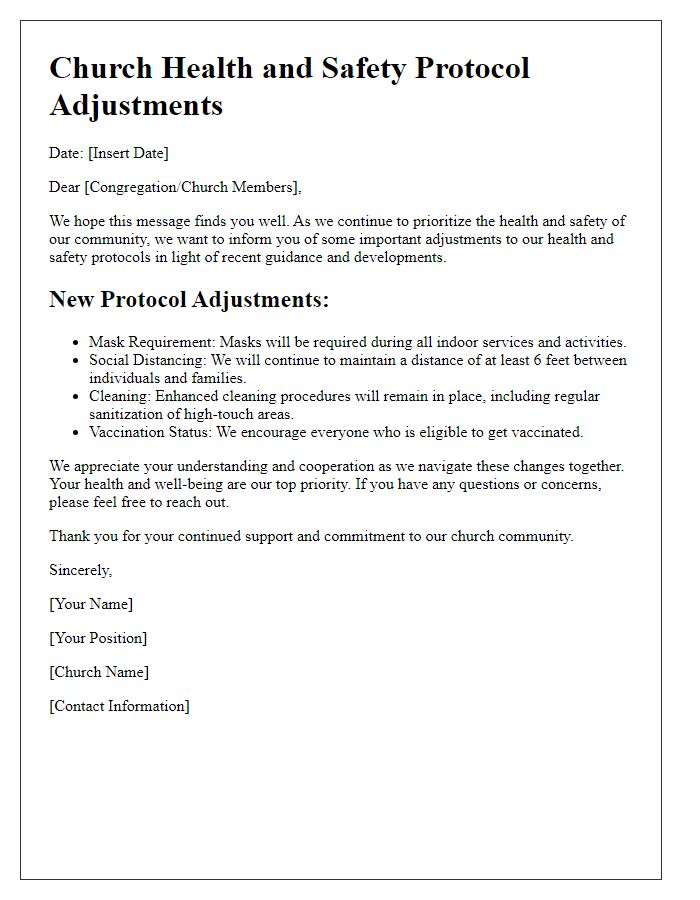
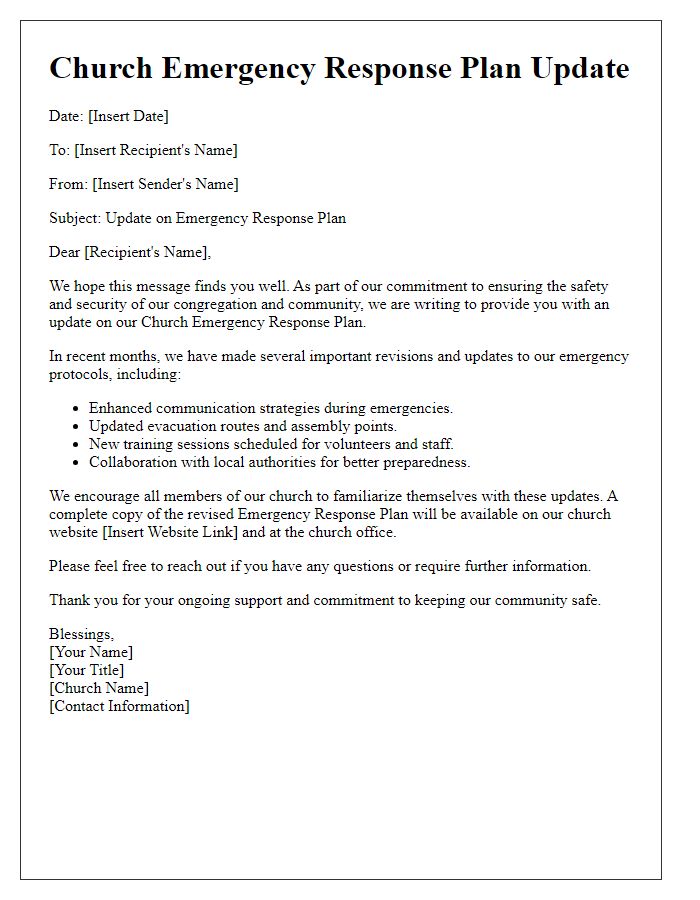
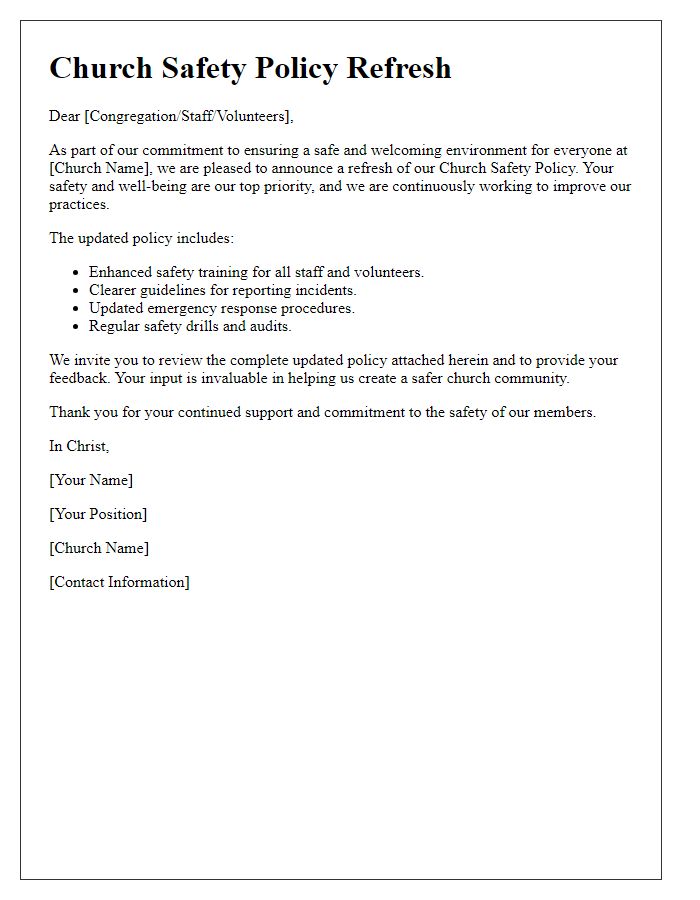
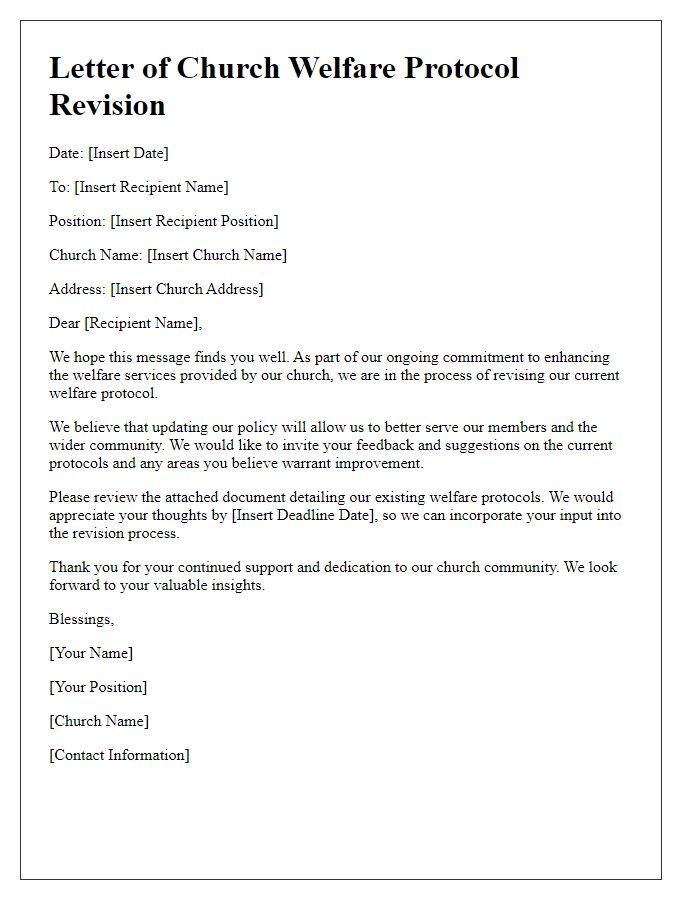
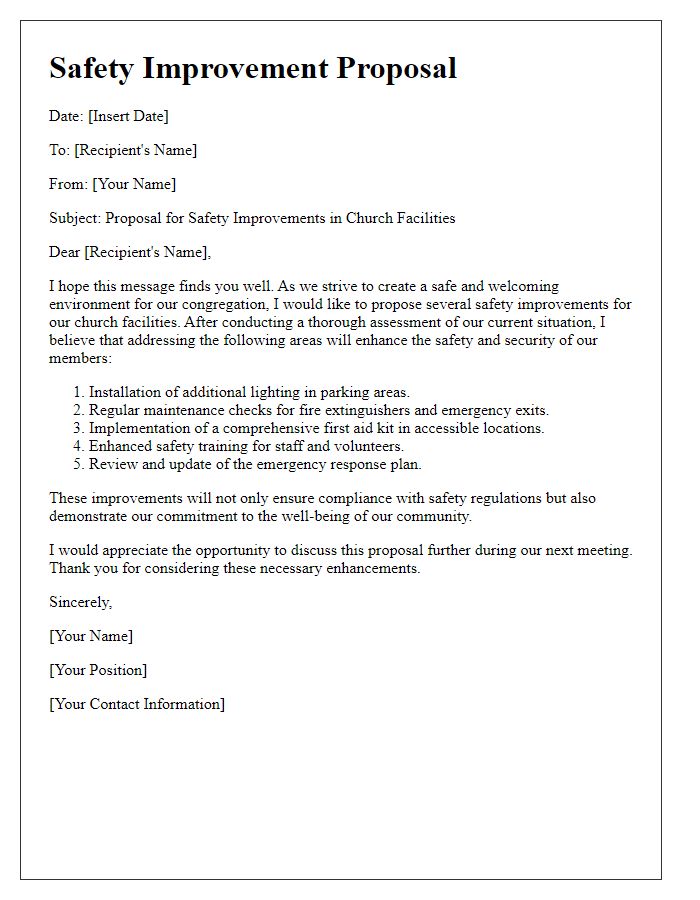
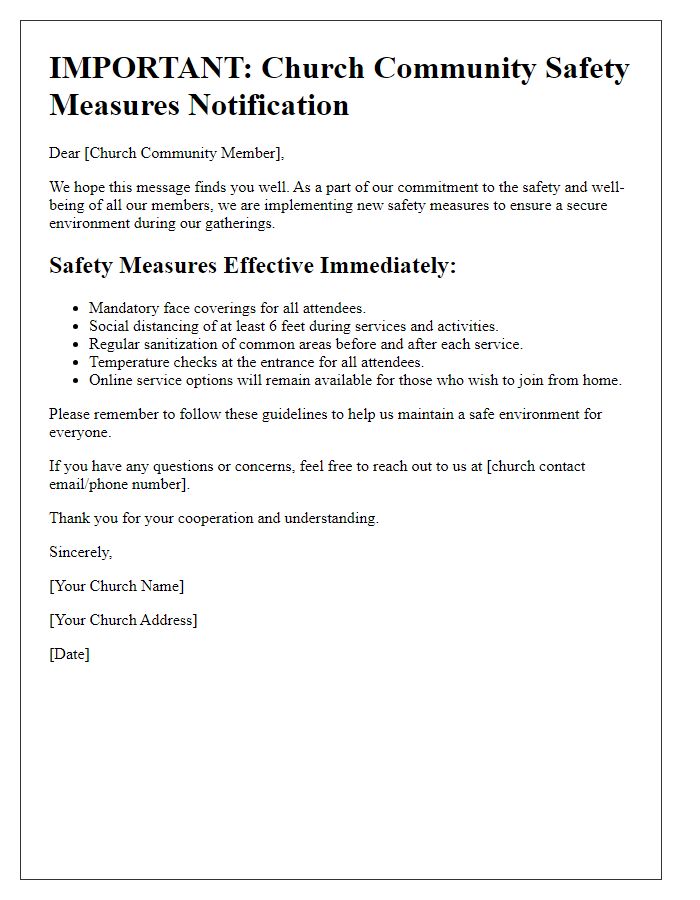
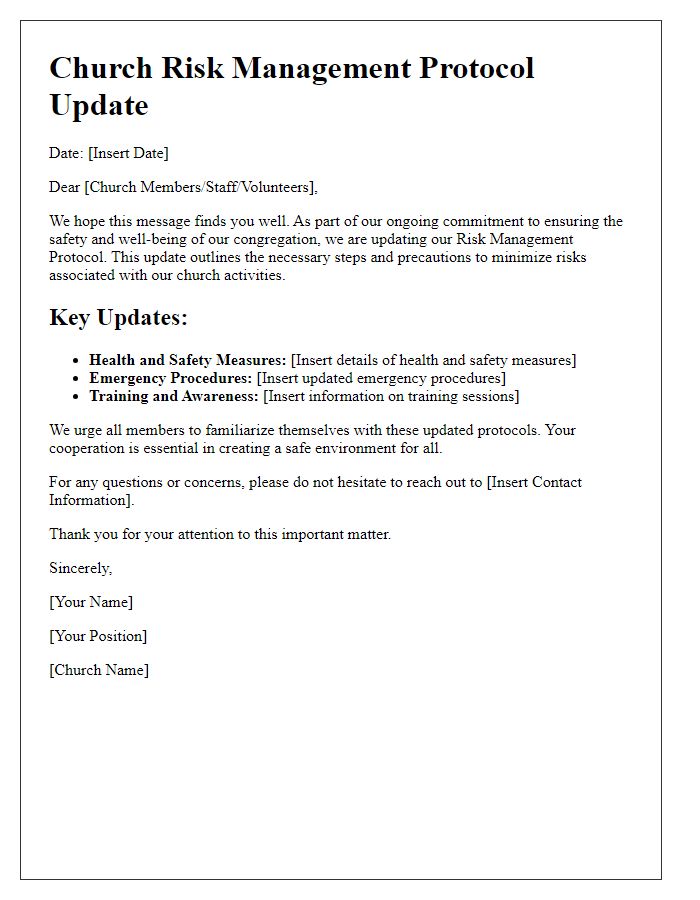


Comments